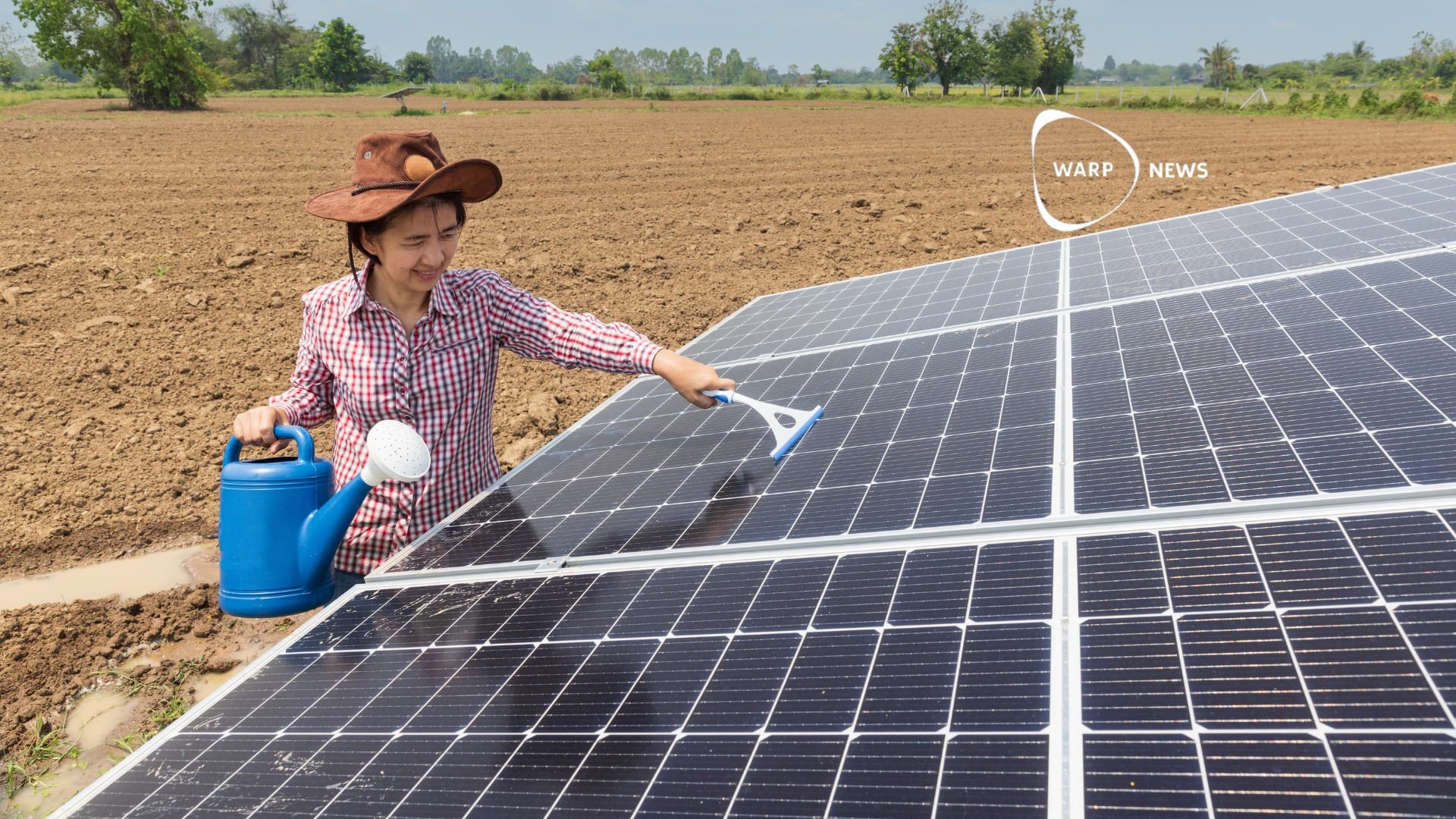
🤖 Bubbles and robots keep rivers clean
Students are using bubbles, robots and artificial intelligence to clear the world’s rivers from plastics.
Share this story!
Plastic pollution is a big problem affecting almost every corner of our planet. Students from ETH Zurich University in Switzerland, together with volunteers, are trying to tackle plastic pollution at the stage before it reaches the oceans.
The students have designed and developed a system using artificial intelligence, robots, and automation called Autonomous River Cleaning (ARC).
ARC will remove plastic pollution from rivers around the world to prevent a lot of it from entering the oceans. Right now their biggest challenge is getting all the plastic to one “pick-up” point so it can be fetched and removed.
To solve this problem, the students behind ARC adopt techniques from mathematical modeling and fluid dynamics. The Optimist Daily describes the process: “To encourage the waste toward the collection point, the team will pump air into water in a similar way that whirlpools function naturally. Groups of pressurized tubes called bubble curtains will be placed at the bottom of the river, creating a constant upward flow of air bubbles which will push plastic particles to the surface, making it easier to collect them”.
First time AI is used
Other projects have used bubbles to remove plastic from the water before. The ARC team, however, is taking the method one step further using an autonomous robot equipped with AI that can separate plastic from other types of waste. A camera attached to the robotic arm can identify different kinds of waste, gather the plastic and return biomass that’s been picked up by accident.
Using floating GPS trackers, the students can determine the amount of plastic and which kind of waste ends up in rivers. They can also see the routes the waste travels. Knowing the routes that waste takes into the ocean can help develop new and improved removal strategies.
At the moment, the ARC system is being tested in the Limmat River in Zurich. The students hope to be able to use the system in larger rivers in India, Southeast Asia, and Africa next year already.
By becoming a premium supporter, you help in the creation and sharing of fact-based optimistic news all over the world.


